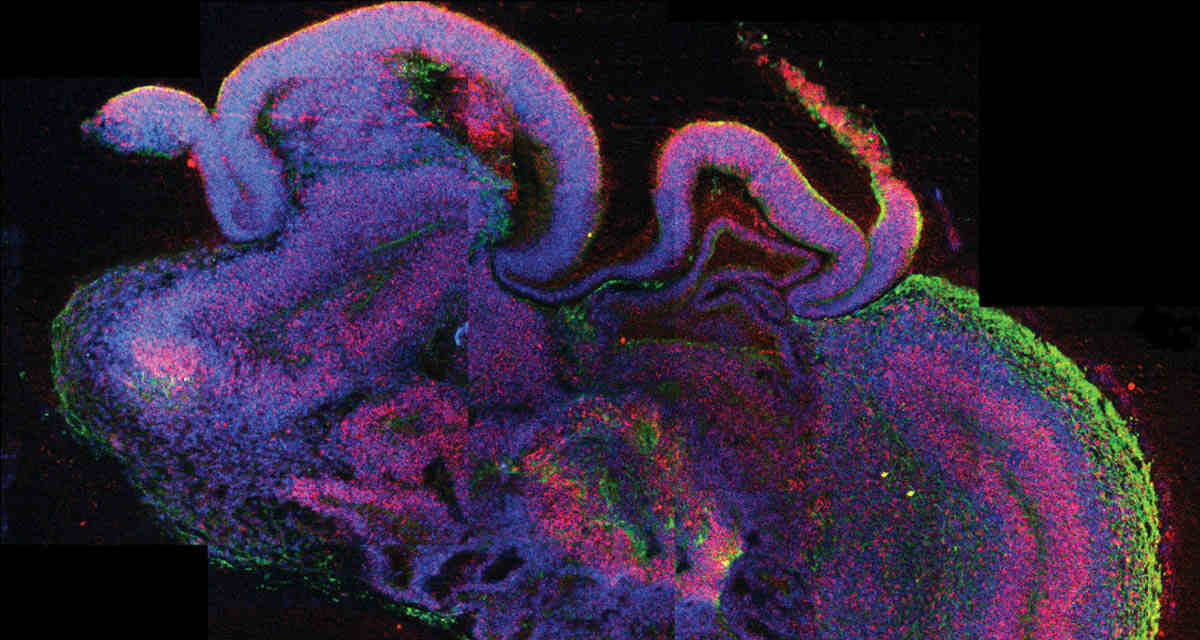
The emerging technology of ‘synthetic embryology’
Scientists are facing whole new set of ethical issues
Although experimentation on human embryos is tightly controlled in the United States. American scientists may have found a way around this restriction. According to the MIT Technology Review, some scientists are creating embryo-like structures from stem cells.
Journalist Antonio Regalado says that there is a boom in “organoid” research. Stem cells are being used to create “clumps of cells that increasingly resemble bits of brain, lungs, or intestine” or even embryos. This emerging technology has been dubbed “synthetic embryology”.
Research on true embryos is enmeshed in America’s bitter disputes over abortion and is largely limited to surplus embryos from IVF clinics. This new technology will allow scientists to investigate embryo development and test drugs without overstepping any legal limits. Regalado writes”
Scientists at Michigan now have plans to manufacture embryoids by the hundreds. These could be used to screen drugs to see which cause birth defects, find others to increase the chance of pregnancy, or to create starting material for lab-generated organs. But ethical and political quarrels may not be far behind. “This is a hot new frontier in both science and bioethics. And it seems likely to remain contested for the coming years,” says Jonathan Kimmelman, a member of the bioethics unit at McGill University, in Montreal, and a leader of an international organization of stem-cell scientists.
At the moment, scientists are observing a 14-day limit; any embryos must be destroyed before 14 days. But this has always been an arbitrary constraint and some scientists complain if that if “synthetic embryos” are not embryos, they should be allowed to drop the time limit.
Creative commons
https://www.bioedge.org/images/2008images/FB_Cerebral-organoids.jpg
human embryos
organoids
stem cells
- How long can you put off seeing the doctor because of lockdowns? - December 3, 2021
- House of Lords debates assisted suicide—again - October 28, 2021
- Spanish government tries to restrict conscientious objection - October 28, 2021
